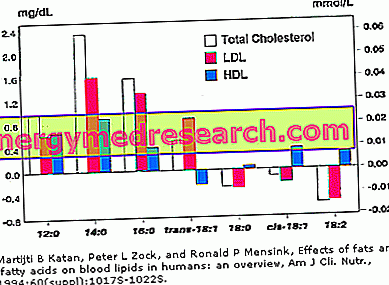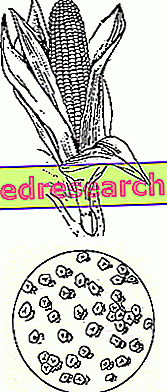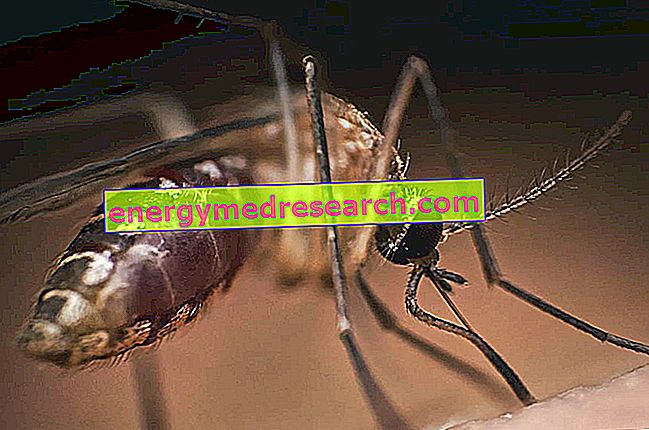Scroll down the page to read the summary table on the sea buckthorn
| Sea buckthorn: key points | Sea buckthorn: champion of survival In ancient times → energy food for soldiers → sea buckthorn = poisonous plant → good ingredient for preparing tasty sweet sauces to accompany salmon Currently: → is not among the poisonous fruits → exploited in the most disparate areas (phytotherapic, food and cosmetic) |
| Sea buckthorn: etymology of the term | Botanical name ( Hippophae rhamnoides ) refers to "horse" (hippos) and "uccido" (phao) → plant once improperly considered poisonous |
| Sea buckthorn: general description | Diffusion: European Atlantic coasts, up to the North-East of China Central Asia: desert and hostile areas Place of ideal growth: well suited to any terrain, but fears shaded areas and / or near trees |
| Sea buckthorn: botanical description |
|
| Sea buckthorn: drug | Fruits, seeds and leaves of sea buckthorn |
| Sea buckthorn: chemical composition |
Organic acids: citric, malic, tartaric, oxalic, succinic C vitamin Carotenoids Tocopherol Flavonoids terpenes sterols pectin
triterpene molecules, catechinic and gallic tannins
|
| Sea buckthorn: medicinal properties | Property:
|
| Sea buckthorn: therapeutic uses |
|
| Sea buckthorn and toxicology | In the case of kidney stones, the consumption of fruits or derivatives based on sea buckthorn is not recommended Sea buckthorn is neither toxic nor harmful, except for the most sensitive patients. |



